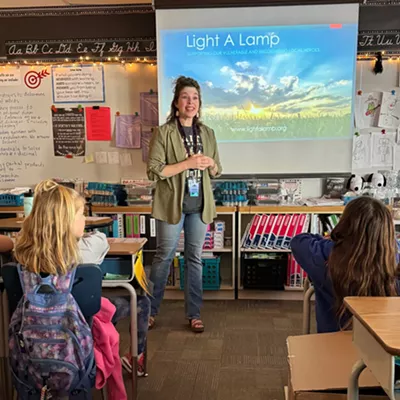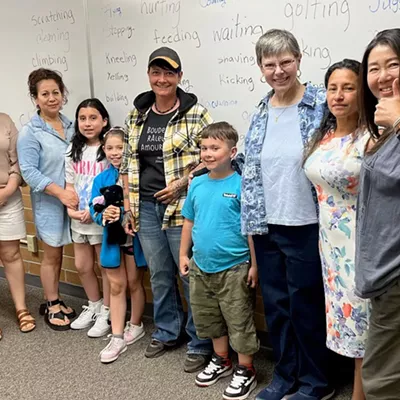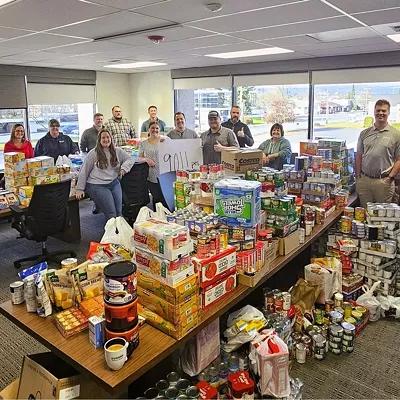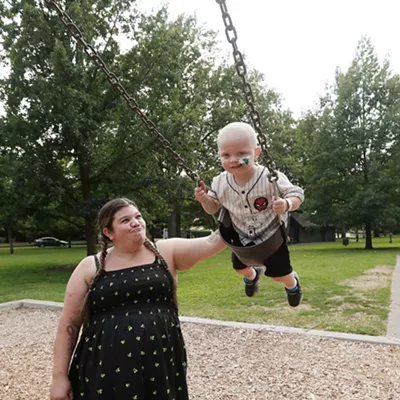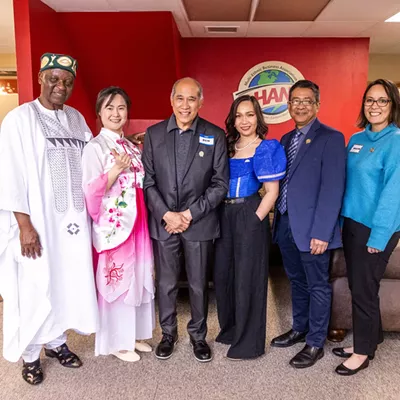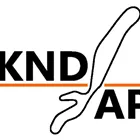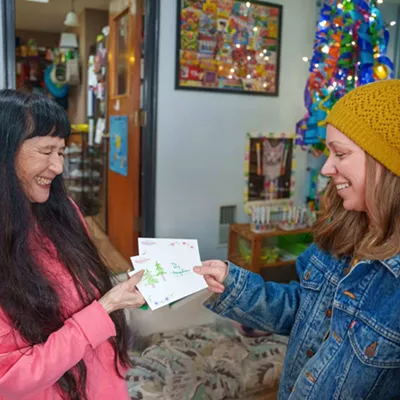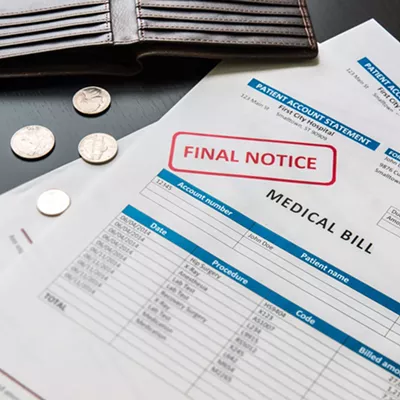Joya Child & Family Development has dedicated 64 years to serving families with young children who have disabilities and delays. The organization takes a holistic approach to pediatric therapy services, which include speech and physical therapy, autism screening and diagnosis, hearing screenings, and cognitive therapy with developmental therapists.
Since 2014, Joya has seen a 73% increase in the number of children who qualify for its services. Qualifying starts with a referral from Spokane Regional Health District, neonatal intensive care units, primary care physicians or early learning programs such as Head Start. Joya then begins an initial assessment to determine the level of delay the child may have and if its pediatric therapy services are appropriate.
The increased demand has led Joya to adapt to the needs of the Spokane community with new services such as a dietitian to ensure newborns thrive with nutritional plans. The organization has also grown, and in May 2022 it moved into a new 42,000-square-foot, two-story facility at 1016 N. Superior St. in Spokane's Logan neighborhood. Because of its larger space, Joya can provide services to more families than ever.
Joya Executive Director Colleen Fuchs is excited but also shocked at the demand since the expansion of services at its new location.
"The goal was to serve twice as many children and families within seven years of moving in," Fuchs says.
In just two years Joya exceeded that goal.
She points to the greater demand stemming from the complex social needs of children due to prenatal drug exposure and food and housing insecurities for families.
According to Joya, 50% of the program's graduates reach age-appropriate milestones, ranging from speech accomplishments for those with developmental delays to learning to walk for children with cerebral palsy or who've had strokes.
Fuchs says the new community space isn't exclusively for those seeking services for a child with a delay or disability: Any family with young children can experience and benefit from Joya's new space.
"They're just open for any family who has a child under 5 to come and play," Fuchs says.
The benefit is that children with and without disabilities can develop better socialization skills, new friendships, and more acceptance for other kids as they move into grade school.









